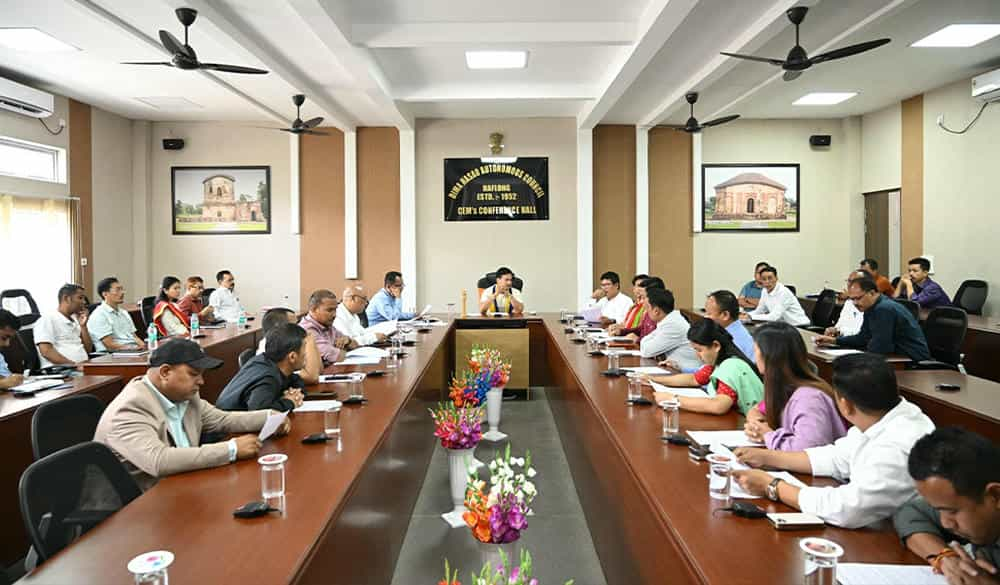Dima Hasao defies Indian law: Autonomous Council caps child care leave at 90 days, sparks outrage

In a move that has triggered legal and political controversy, the North Cachar Hills Autonomous Council (NCHAC), led by Chief Executive Member Debolal Gorlosa, has issued an order capping child care leave (CCL) for government-employed women in Dima Hasao district to just 90 days — a sharp deviation from the 730-day entitlement guaranteed under Indian constitutional provisions.
The order, dated May 21, directed all department heads within the district not to process or recommend applications for CCL beyond 90 days. This directly contradicts the Assam government’s rule, which allows up to two years of CCL for female government employees with minor children, as per the provision under Article 309 of the Indian Constitution. Single male employees who are legal guardians of minor or disabled children are also entitled to the same benefit.
The decision has sparked outrage across the district and beyond, with former MLA and ex-CEM of NCHAC, Samarjit Haflongbar, blasting the move. In a sharp rebuke, he compared Gorlosa’s authoritarian decision-making to that of North Korean leader Kim Jong Un, accusing him of being “irresponsible, disrespectful, and unconcerned” toward the rights of working mothers and the well-being of their children in Dima Hasao.
“The actions of CEM Debolal Gorlosa are not just unconstitutional, they are inhumane,” Haflongbar said, urging women employees in the district to unite and demand their constitutional and fundamental rights.
The move stands in stark contrast to recent decisions by the Assam state cabinet, which has extended maternity leave from 12 to 26 weeks for women government employees. The new rules also allow for an additional 45 days of leave through a combination of different types of sanctioned leave, in line with national maternity benefit standards.
By limiting child care leave, the NCHAC has effectively created a legal grey zone within Dima Hasao, raising serious questions about the balance between autonomous council powers and adherence to national and state laws. Critics argue that autonomy should not mean exemption from constitutional obligations, especially when it concerns basic welfare rights for women and children.
The controversy has reignited debate about the accountability and oversight of autonomous councils in Assam and other northeastern states. While the Sixth Schedule of the Constitution grants certain legislative and executive powers to autonomous councils, experts warn that this does not permit the contravention of fundamental rights or statutory protections granted to Indian citizens.
As the backlash grows, pressure is mounting on the Assam government to intervene and ensure uniform application of employee welfare laws across all districts — including autonomous regions. Meanwhile, Haflongbar has called on women employees to challenge the directive through legal and democratic channels, warning that silence could set a dangerous precedent for more such unilateral decisions in the future.




Leave a Reply